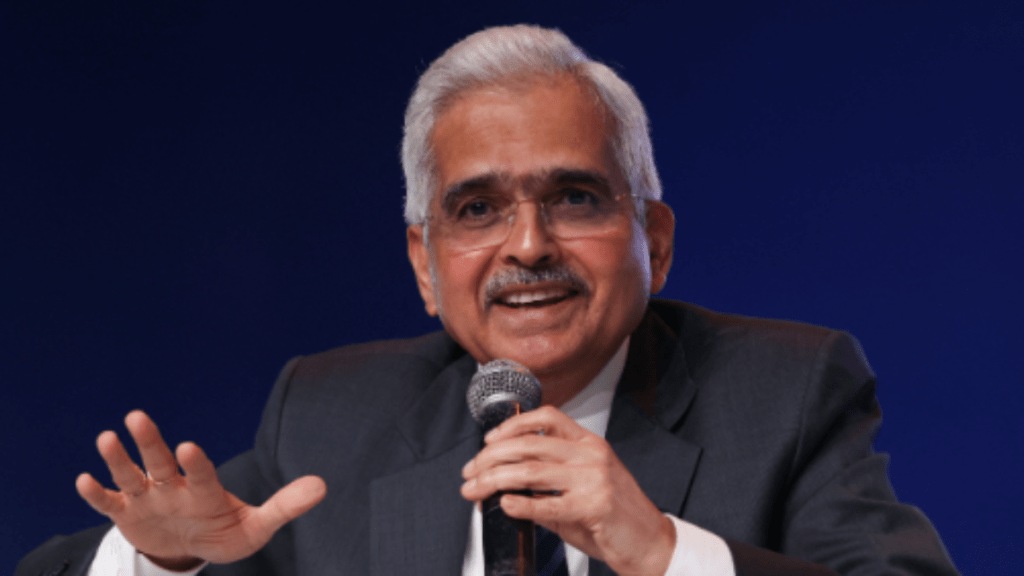Pointing out that the participation of Indian banks in the derivatives market remains limited, Reserve Bank of India (RBI) governor Shaktikanta Das on Monday said the focus must be on enhancing and widening their participation, both domestically and offshore, while being prudent.
Das was speaking at the FIMMDA-PDAI Annual Conference in Barcelona, Spain.
“Domestic banks are dealing with market-makers in global markets rather than with end-clients and are yet to emerge as market-makers of note globally. Of course, banks need to do their own due diligence, assess their risk appetite, and then move forward carefully in this direction,” he said.
Further, liquidity in over the counter (OTC) derivatives markets, especially interest rate derivatives, remains confined to a few products, constraining efficient hedging by the larger economy. Liquidity needs to improve for credit derivatives as it is an important enabler for the lower rated corporate bonds, which is yet to take off, he said.
Das also said transparency in pricing remains a work in progress and more can be done.
“Divergence in pricing in FX markets for the small and large customers are wider than what can be justified by operational considerations. Banks may need to do more to facilitate the use of the FX Retail platform,” he said, adding that RBI is also witnessing banking channels being used by certain persons or entities to fund activities on unauthorised FX trading platforms. This, he said, warrants enhanced vigilance by the banks.
Efforts are also being made to leverage technology for achieving greater efficiency while also meeting the objectives of market reforms, he said.
Bank treasuries, meanwhile, also need to scale up their “dynamism” to utilise the opportunities of recent regulatory reforms. “From this financial year (2024-25), the new prudential framework for investment by banks has come into effect. The new regulations provide increased flexibility to banks in managing their treasuries and offer scope for increased efficiency, provided banks manage their treasury function actively,” he said.
